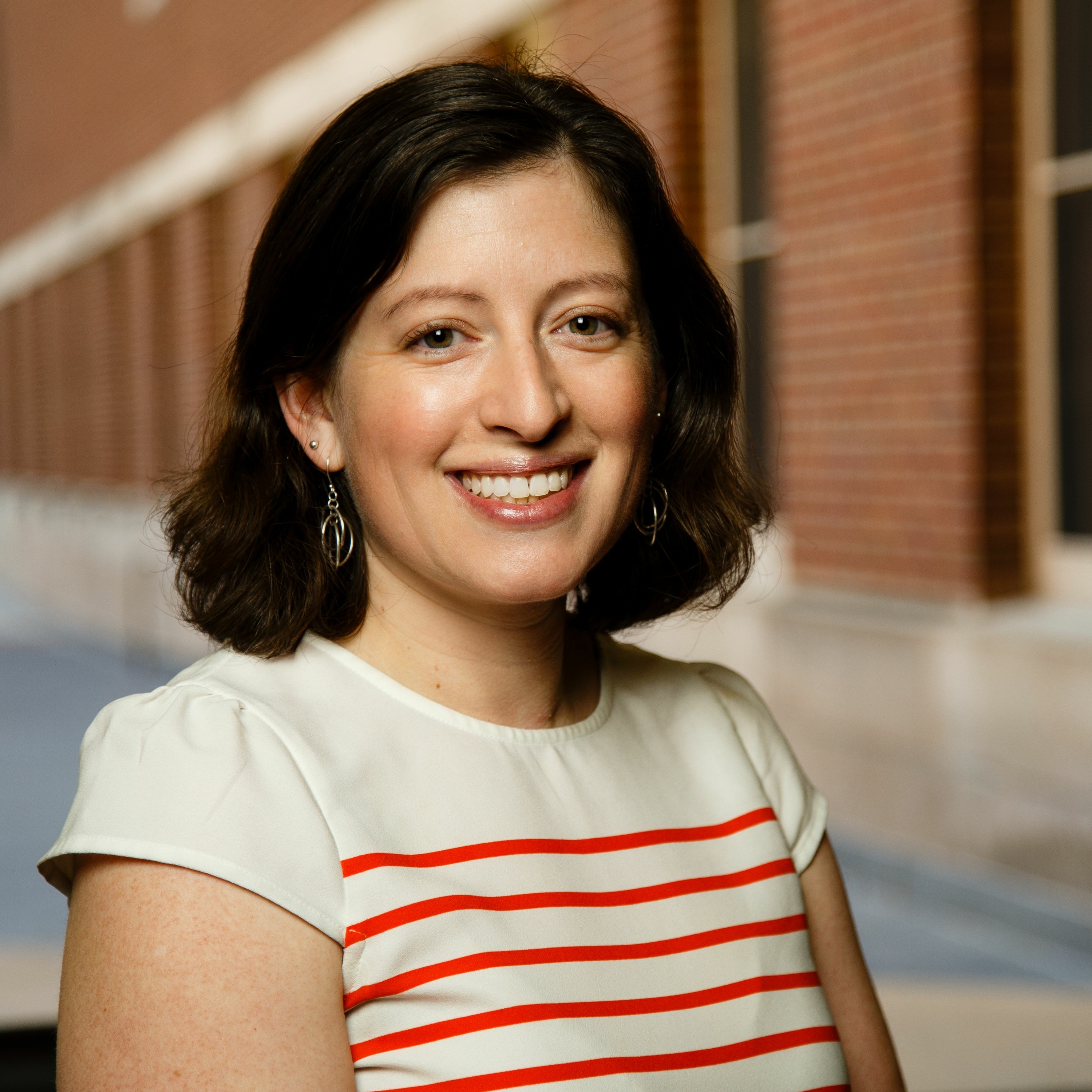Improving the translation of science to the public

Sarah Gollust\u2019s research focuses on how scientific evidence is translated to the public, and how that process can shape public opinion, health policy, and patient decision making.\n\nShe has applied her work to public health issues such as vaccines, mammograms, health disparities, and the Affordable Care Act. Her research also \u201cyields insight into how communication to the public and policymakers can be more effective.\u201d \n\nSarah Gollust, PhD, is Associate Professor in the Division of Health Policy and Management at the University of Minnesota.\n\n3:26 \u2013 On some of the changes we\u2019ve seen in health communication over the past decade\n\n5:57 \u2013 Two ways the media can affect health-related outcomes or decisions\n\n11:25 \u2013 On how the news media has covered recommendations on mammograms\n\n\u201cWe\u2019re trying to better understand how references to competing messaging in the news media environment might affect downstream women\u2019s health attitudes and beliefs and ultimately behaviors.\u201d\n\n16:17 \u2013 How women\u2019s attitudes about mammograms were affected by the news media\n\n25:00 \u2013 How can scientists better engage with the media and the public?\n\n30:40 \u2013 Challenges that journalists face in todays environment, and how scientists can help\n\n34:37 \u2013 Helpful advice on how scientists can get better at disseminating their work and translating it to the public and scientific community\n\n38:10 \u2013 How ACS funding impacted her research and allowed her to mentor younger scientists\n\n40:05 \u2013 A message she\u2019d like to share with cancer patients and caregivers